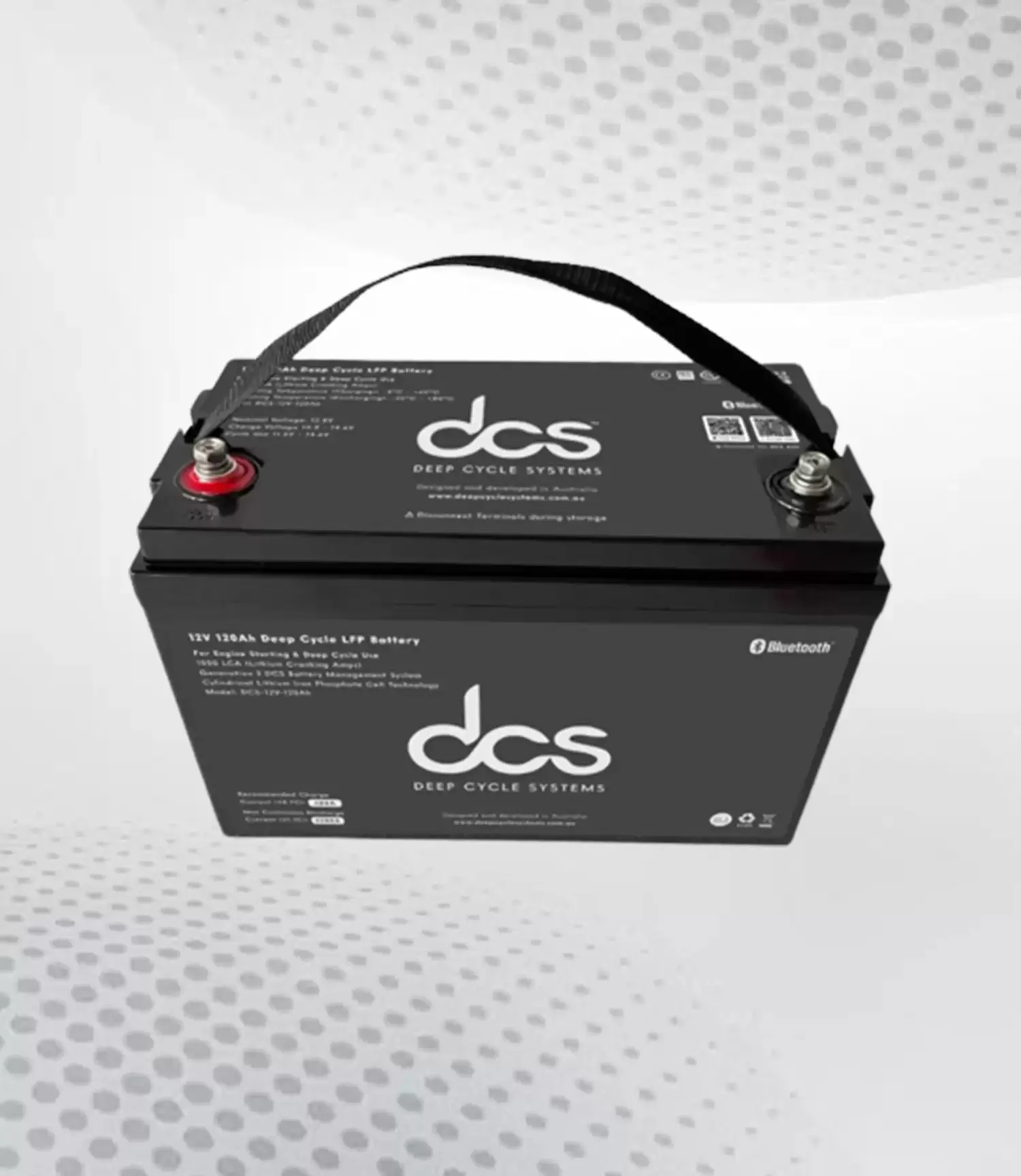Access to clean and safe drinking water is essential for maintaining optimal health. A water purifier filter ensures that individuals and families consume pure water free from harmful contaminants. As tap water quality can vary significantly, investing in an effective water purification system can remarkably improve overall health and well-being.
Understanding the Importance of Water Purification
Contaminated water is a breeding ground for numerous health hazards, including gastrointestinal illnesses, reproductive issues, and neurological disorders. Pollutants like heavy metals, bacteria, and chemicals often infiltrate water sources, presenting serious health risks. A water purifier filter can drastically reduce these risks, thereby safeguarding health.
Clean water is integral to bodily functions, aiding digestion and enhancing energy levels. Given that tap water quality can vary considerably, using an effective water purification system becomes crucial. Water purifier filters are a reliable defence, ensuring that drinking water is free from harmful contaminants and suitable for consumption.
Different Types of Water Purifier Filters
Various water purifier filters cater to distinct needs by addressing specific contaminants. Activated carbon filters are popular for absorbing impurities like chlorine and improving taste and odour. Reverse osmosis systems use a semi-permeable membrane to eliminate many pollutants, including heavy metals and microorganisms.
Ultraviolet (UV) purifiers utilise UV light to disinfect water effectively by killing bacteria and viruses without chemicals. Ceramic filters, crafted from natural materials, are a physical barrier to removing bacteria and sediment. Lastly, ion exchange filters effectively reduce water hardness by substituting calcium and magnesium ions with sodium ions. Each filter type offers unique benefits, enabling consumers to choose the most suitable option based on their water quality requirements.
Choosing the Right Water Purifier Filter for Your Home with
To select an appropriate water purifier filter, begin by assessing the tap water quality. Local water reports or home testing kits can identify specific contaminants, helping to determine which filtration system would be most effective.
Identifying Household Needs
Consider the household’s water consumption habits. Larger families or homes with high water usage may benefit from more robust systems like whole-house filters, while smaller households might find countertop or under-sink filters sufficient.
Budget Considerations
Establishing a budget is crucial. Water purifier filters range from affordable pitchers to high-end reverse osmosis systems. When making a decision, factor in both the initial purchase price and ongoing maintenance costs.
Installation Complexity
Evaluate the complexity of installation for different filters. Some systems, like tap-mounted filters, are simple to install, while others, such as reverse osmosis systems, may require professional assistance.
Maintenance Requirements
Understand the maintenance demands of each filter type. Regular filter replacements and occasional cleaning are necessary to ensure optimal performance. Select a system with maintenance requirements that align with the household’s capacity for upkeep.
Certifications and Reviews
Look for products certified by reputable organisations like NSF International. Reading user reviews and professional evaluations can provide insights into the reliability and performance of different water purifier filters.
Installation and Maintenance of House Water Filter
Proper installation and maintenance are paramount to the effectiveness and longevity of house water filter. Many contemporary systems are designed for easy installation, requiring minimal tools and technical know-how.
Nonetheless, complex systems such as reverse osmosis units might necessitate professional installation to ensure optimal functionality. Regular maintenance is crucial to sustain high performance; this includes timely replacement of filters, as the manufacturer recommends.
Additionally, components like sediment pre-filters should be cleaned periodically to maintain efficiency. Monitoring performance indicators, such as changes in water taste or flow rate, can also help identify when maintenance actions are needed.
Benefits of Using a Water Purifier Filter
Utilising a water purifier filter yields numerous advantages that enhance overall quality of life. Firstly, it ensures healthier drinking water by significantly reducing contaminants, which can lead to better health outcomes.
Improved taste and odour are other notable benefits; activated carbon filters effectively remove chlorine and other substances, making water more pleasant to consume. From a financial perspective, using a water purifier filter proves cost-effective over time compared to continually purchasing bottled water. Environmentally, it lessens reliance on single-use plastic bottles, reducing plastic waste.
Additionally, readily available purified water at home offers unparalleled convenience, eliminating the need to transport and store bottled water. These benefits underscore the value of integrating a water purification system into the household.
The Role of Water Filter Machine in Modern Homes
Water filter machine deliver superior water quality by effectively removing contaminants. By employing advanced filtration technologies, these machines ensure that households have access to clean, safe drinking water, which is critical for health.
Convenience and Accessibility
Modern water filter are designed for convenience, providing purified water on demand. This eliminates the need for frequent shopping trips to purchase bottled water and reduces storage requirements, making them an ideal choice for contemporary living.
Cost Efficiency
Despite the initial investment, water filter prove cost-efficient over time. They reduce the ongoing expenses associated with purchasing bottled water, offering significant savings in the long term.
Environmental Benefits
Water filter contribute to environmental sustainability by minimising the use of single-use plastic bottles. They also help reduce plastic waste, thereby promoting eco-friendly practices within the household.
Customisable Filtration Options
Many water filter have customisable filtration settings to address specific water quality issues. This adaptability allows households to tailor their water purification processes to meet unique needs, ensuring optimal water quality.
Integration with Modern Appliances
Contemporary water filter can seamlessly integrate with kitchen appliances, such as fridges and ice makers. This integration ensures a consistent supply of purified water for various household uses, enhancing overall functionality.
Misconceptions About Water Purifiers
Several myths surrounding water purifiers can lead to misunderstandings about their effectiveness:
Tap Water is Safe
Whilst regulated, tap water can still harbour harmful substances that a water purifier can effectively remove.
All Filters are the Same
Different filters are designed to target specific contaminants, making some more appropriate than others for various water issues.
Purifiers Remove Essential Minerals
Many water purifier filters are engineered to retain beneficial minerals whilst eliminating harmful ones.
Filters are Too Expensive
The long-term health benefits and cost savings from reduced bottled water usage often outweigh the initial investment in a water purifier.
Dispelling these myths helps in making well-informed decisions regarding the implementation of water purification systems.
Comparing Leading Water Purifier Brands
Numerous water purifier brands are available on the market, each offering unique products. Comparing these brands can help consumers select the best option for their needs. Brita is renowned for its activated carbon filters, providing user-friendly and affordable solutions that improve taste and odour.
Berkey water filter systems utilise gravity-fed filtration, making them versatile for home and outdoor use. Aquasana offers a variety of filtration options, including highly effective reverse osmosis systems.
AquaVita combines innovative designs with functionality, catering to aesthetically-conscious consumers. ZeroWater stands out for its comprehensive purification capabilities, effectively removing nearly all dissolved solids. Evaluating these brands based on performance, cost, and user feedback enables consumers to make informed choices suited to their water quality requirements.
Cost Analysis: Is Investing in a Water Purifier Worth It?
Evaluating the financial implications of investing in a water purifier filter involves considering upfront costs and potential long-term savings. Whilst the initial expenditure for advanced filtration systems may appear high, weighing this against the cumulative costs associated with buying bottled water is essential. Regular bottled water purchases can quickly add up, often surpassing the one-time investment of a quality water purifier.
Additionally, the health benefits derived from consuming purified water can reduce medical expenses, as individuals are less likely to suffer from waterborne illnesses and other health issues linked to contaminants. Analysing personal water consumption patterns further highlights the cost-effectiveness of a water purification system, making it a prudent financial decision for many households.
Environmental Impact of Water Purifiers
The environmental implications of using water purifier filters extend beyond individual health benefits, offering significant contributions to global sustainability efforts. A primary advantage is the substantial reduction in plastic waste as reliance on single-use bottled water decreases. Plastic pollution remains a critical environmental issue, affecting oceans, wildlife, and even entering the food chain.
Many modern water purification systems are also engineered to be energy-efficient, consuming less power during operation. This reduction in energy usage contributes to a smaller carbon footprint, aligning with broader environmental goals of reducing greenhouse gas emissions. Additionally, certain water purifiers utilise sustainable materials in construction, further minimising their ecological impact.
Water purifiers can also aid in the conservation of natural resources. The production and transportation of bottled water involve significant water and energy consumption. By filtering tap water at home, the demand for bottled water is curtailed, conserving the resources otherwise expended in its production.
Offer The Convenience Of Purified Water
Modern water filter improve water quality and offer the convenience of purified water on demand, reducing the need for bottled water and contributing to environmental sustainability.
By minimising plastic waste and promoting eco-friendly practices, water purifiers support global efforts towards a cleaner and healthier planet. The long-term cost savings from reduced bottled water purchases and potential health benefits make these systems a wise financial investment.
Understanding and debunking common myths about water purifiers helps consumers make informed decisions and choose the best options available. Comparing leading brands based on performance, cost, and user feedback can further aid this decision-making process. Ultimately, the advantages of using a water purifier filter extend beyond individual health, offering substantial environmental and financial benefits that make it a valuable addition to any home.
Conclusion
Integrating a house water filter into a household can significantly enhance health and well-being. By removing harmful contaminants, these systems provide access to clean, safe drinking water that supports various bodily functions. Different types of filters cater to specific needs, ensuring that households can choose the most effective solution for their unique water quality issues. Water quality assessment, household needs, budget, installation complexity, and maintenance requirements are crucial in selecting the right water purifier filter.
FAQs
How often should water purifier filters be replaced?
The frequency of replacing water purifier filters varies by type and usage. Generally, activated carbon filters should be replaced every 2-3 months, reverse osmosis membranes every 2-3 years, and UV lamps annually. Following the manufacturer’s guidelines ensures optimal performance.
Can a house water filter remove all types of contaminants?
Whilst house water filter is highly effective, no single filter can remove all contaminants. Different filters, such as activated carbon, reverse osmosis, and UV purifiers, are designed to target specific pollutants. Combining multiple filtration methods can offer comprehensive water purification.
Is it necessary to test tap water quality before choosing a filter?
Testing tap water quality is crucial for identifying specific contaminants in the water supply. This information helps select the most appropriate filtration system tailored to address the particular impurities in the water. Local water reports or home testing kits can provide valuable insights.




